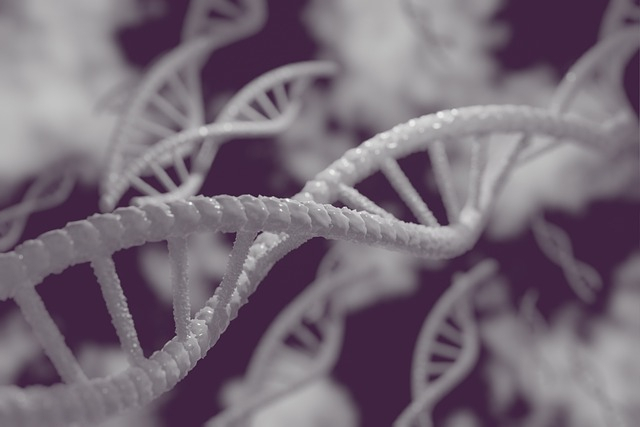As the researchers are still trying to understand the novel Coronavirus and the disease it causes, a group of European scientists has found that the genes that some people have inherited from human ancestors, Neanderthals, would increase the risk of suffering from severe COVID-19.
The researchers have found a cluster of genes, which are linked to a higher risk of novel Coronavirus related hospitalization and respiratory failure in COVID-19 patients. The scientists said that a stretch of DNA linked to the disease caused by the SARS-CoV-2 was passed down from Neanderthals 60,000 years ago.

The Study Highlights the Problem
As per the new study, which was published on Wednesday, September 30 in the journal Nature, both the researchers—Hugo Zeberg and Svante Paabo—said that the genes belong to haplotype—which is found in almost 16 percent of the European population—likely came from ancient human ancestors.
In ancient times, modern humans and Neanderthals have interbred several times which led to the exchange of genes. As per the researchers—who are from Karolinska Institute in Sweden and Max Planck Institute for Evolutionary Anthropology in Germany—the Neanderthal genes are one of several risk factors for the Coronavirus caused disease, including sex, age, and underlying health issues such as diabetes, obesity, and health problems.
One of the scientists, Paabo said that "it is striking that the genetic heritage from the Neandertals has such tragic consequences during the current pandemic," and this is why it needs to be investigated as soon as possible.
As per their study, the researchers analyzed data belonging to 3,199 hospitalized COVID-19 patients. After conducting research, in the study they noted that "this is the major genetic risk factor for severe SARS-CoV-2 infection and hospitalization (COVID-19 Host Genetics Initiative)."
The researchers also explained that a gene cluster on chromosome 3 has been identified as a risk locus for respiratory failure in novel Coronavirus. As per their findings, the variant is common in the Asian country Bangladesh, where 63 percent of people are estimated to carry a copy of the haplotype.








